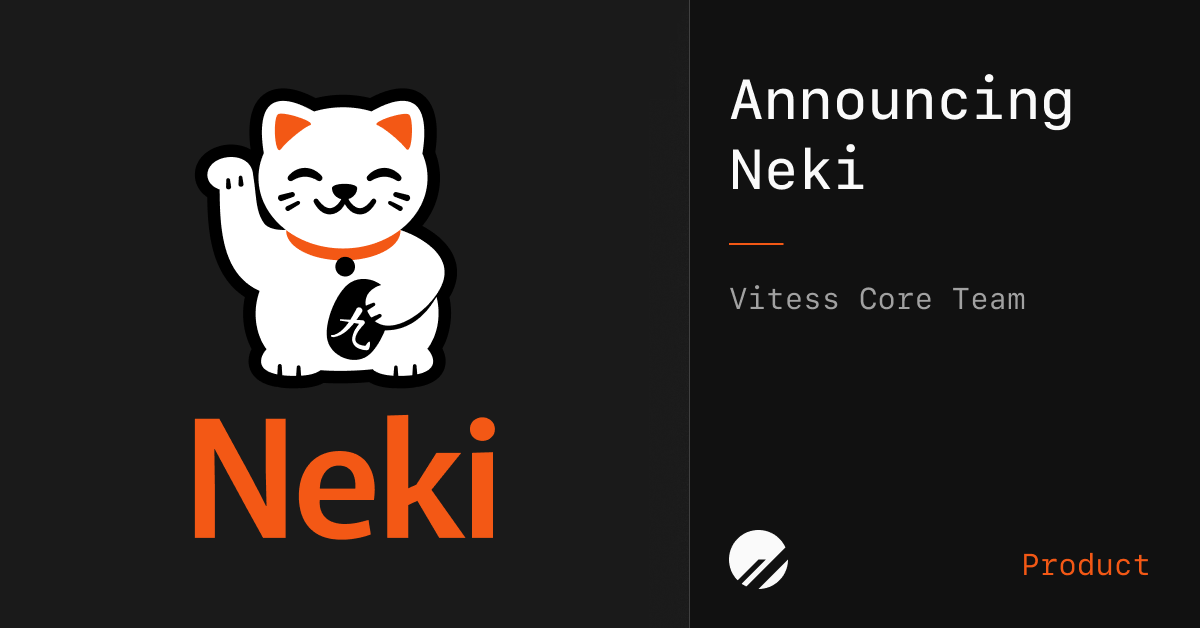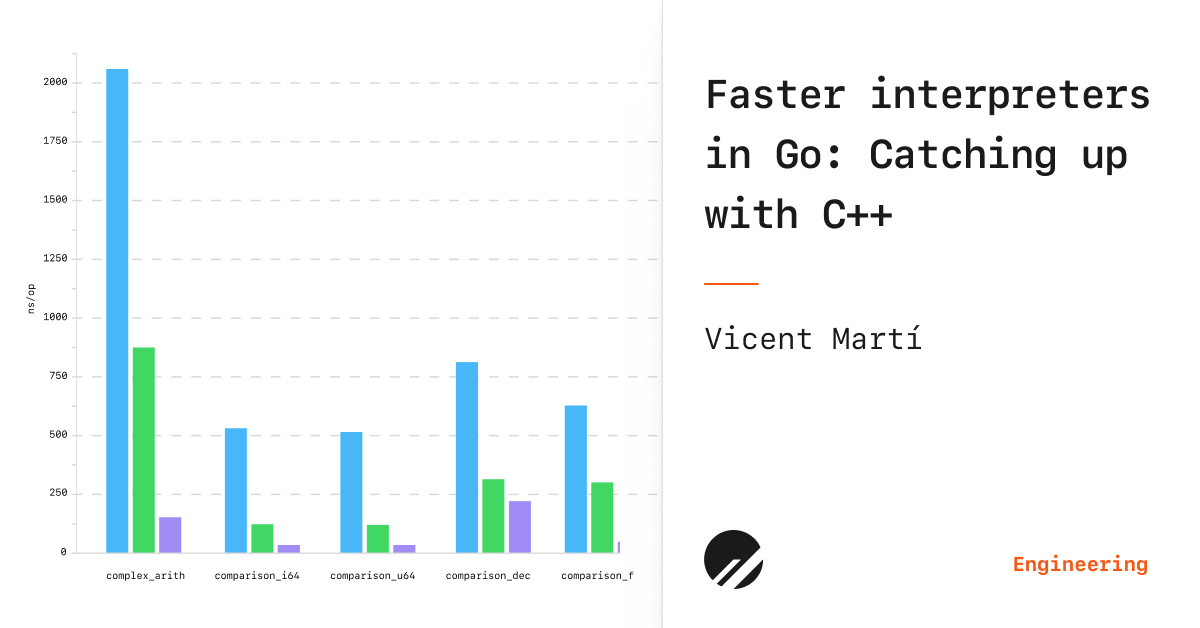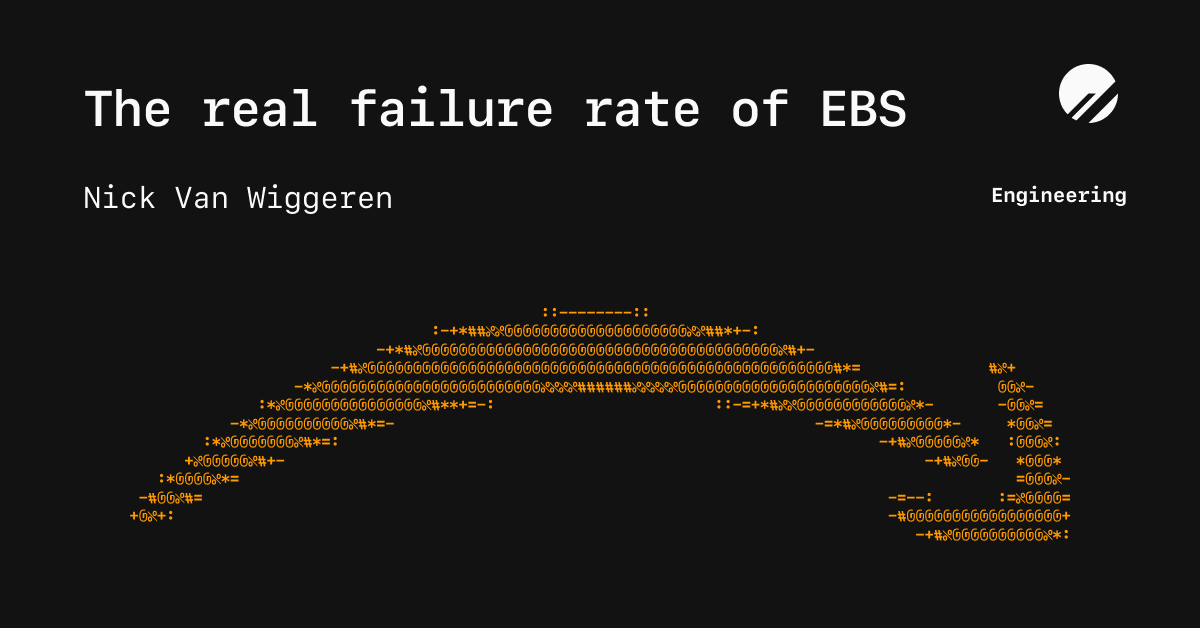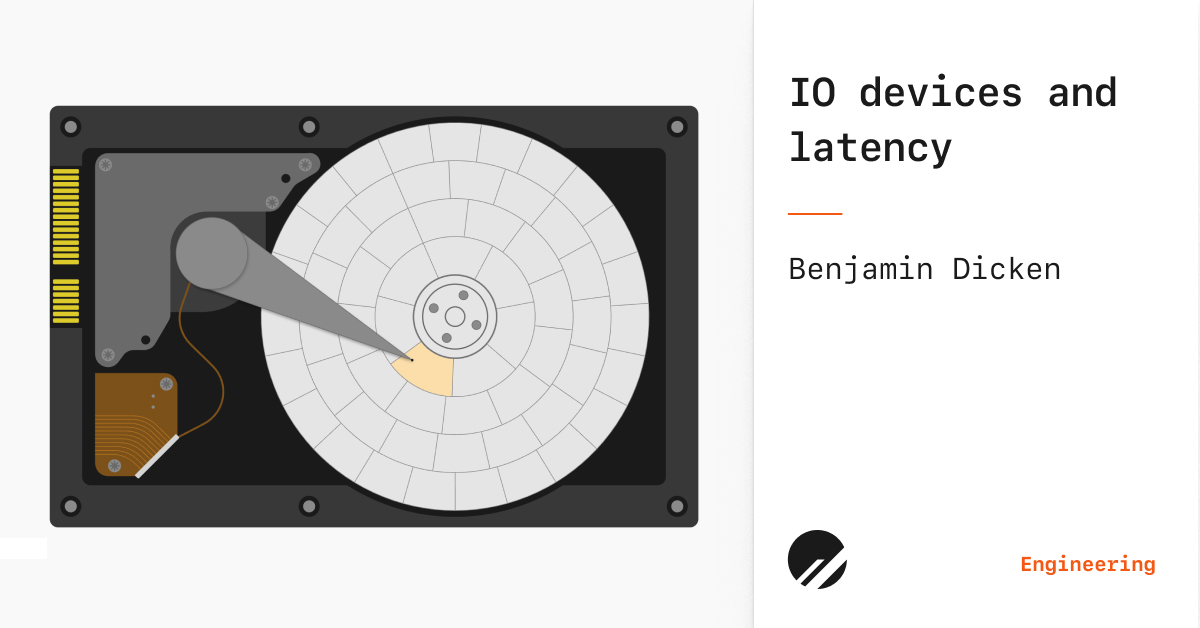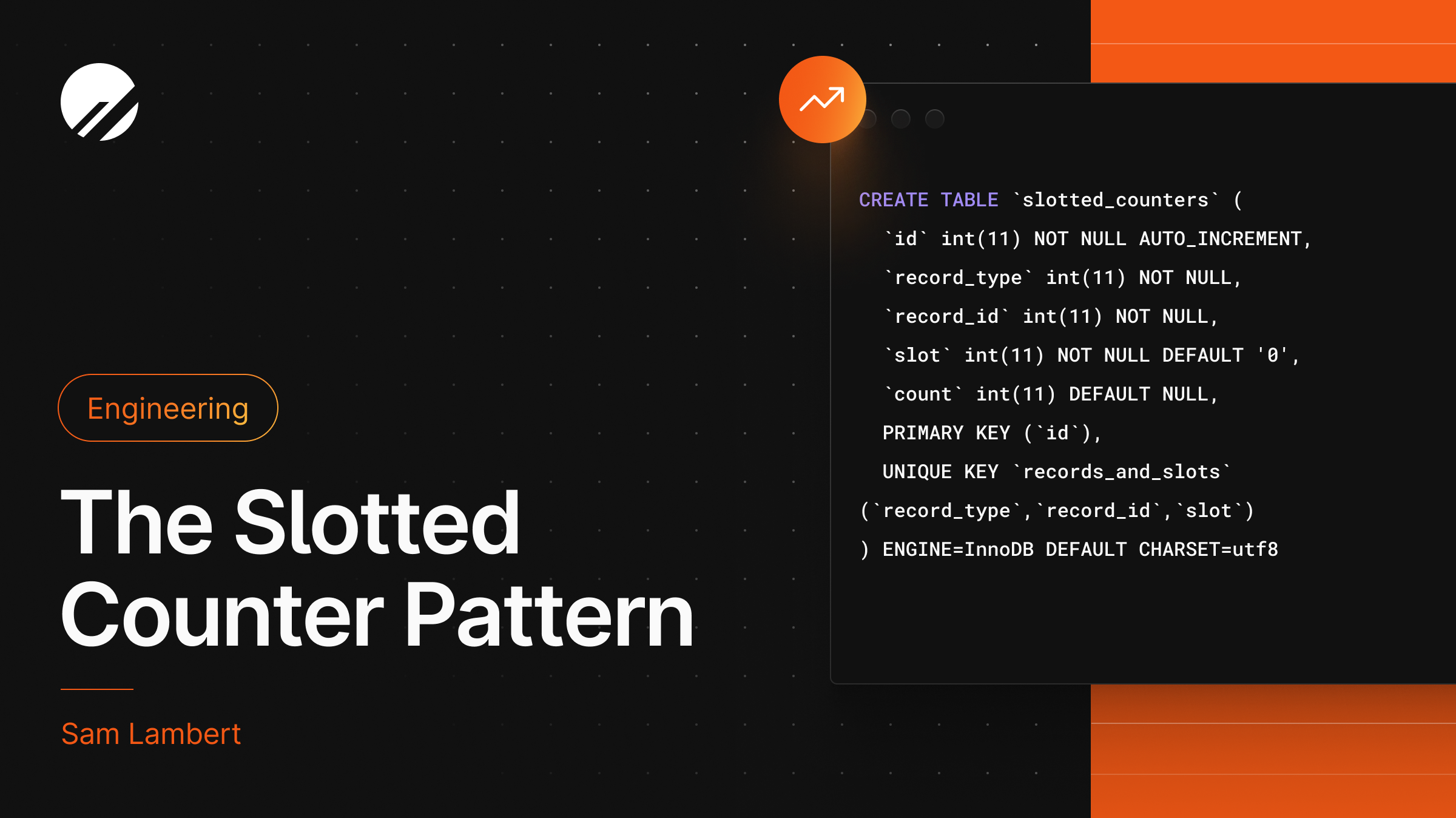PlanetScale for Postgres Goes GA
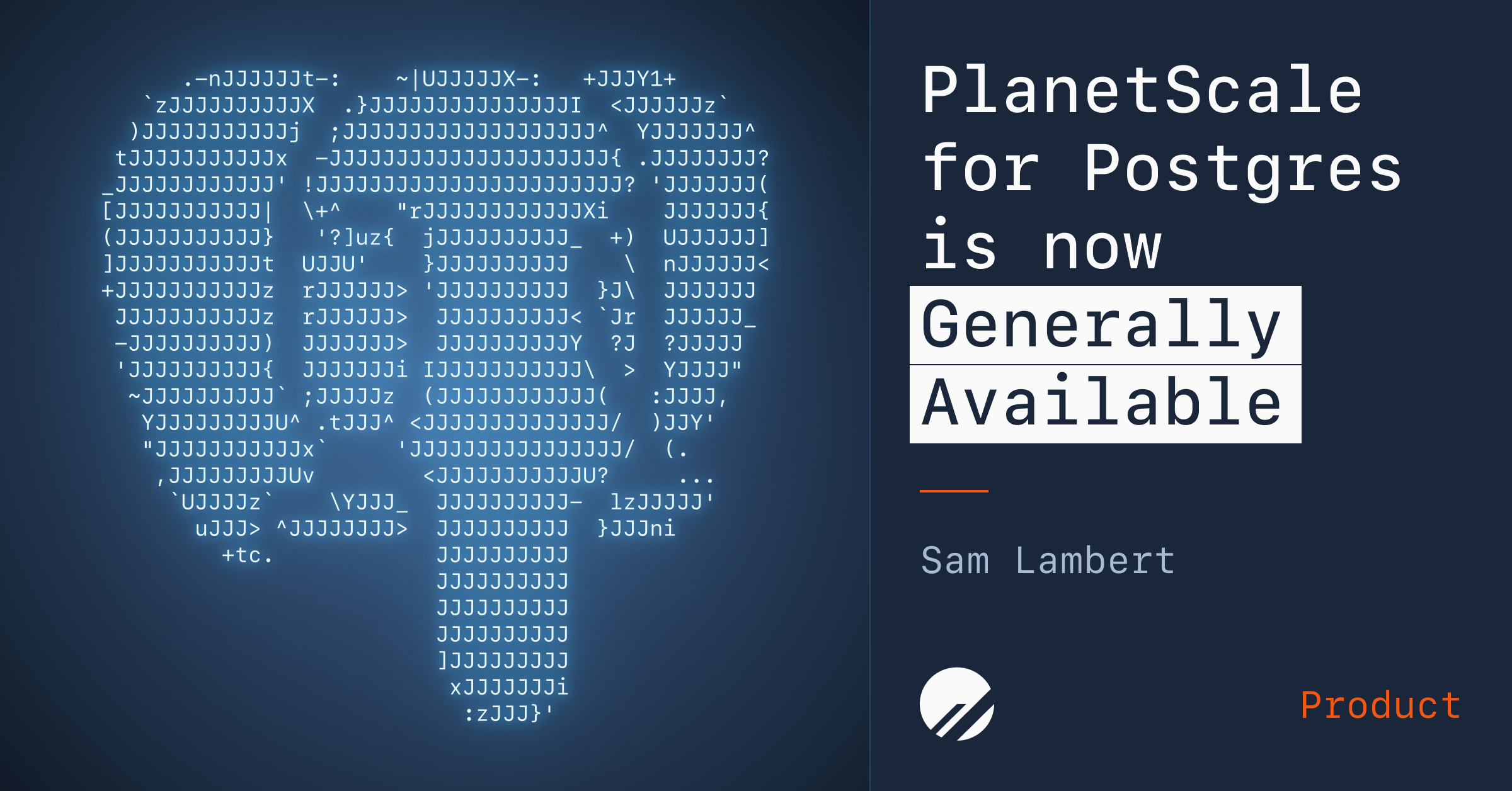
PlanetScale's managed Postgres service is now generally available, exiting private preview. Users can easily create Postgres databases and leverage migration guides for switching from other providers. Built on five years of experience with their Vitess product, PlanetScale has helped companies like Cursor, Intercom, and Block scale their databases. This new offering combines PlanetScale's maturity with the performance of bare metal, and includes a Postgres sharding solution called Neki, planned for future open-source release.
Read more